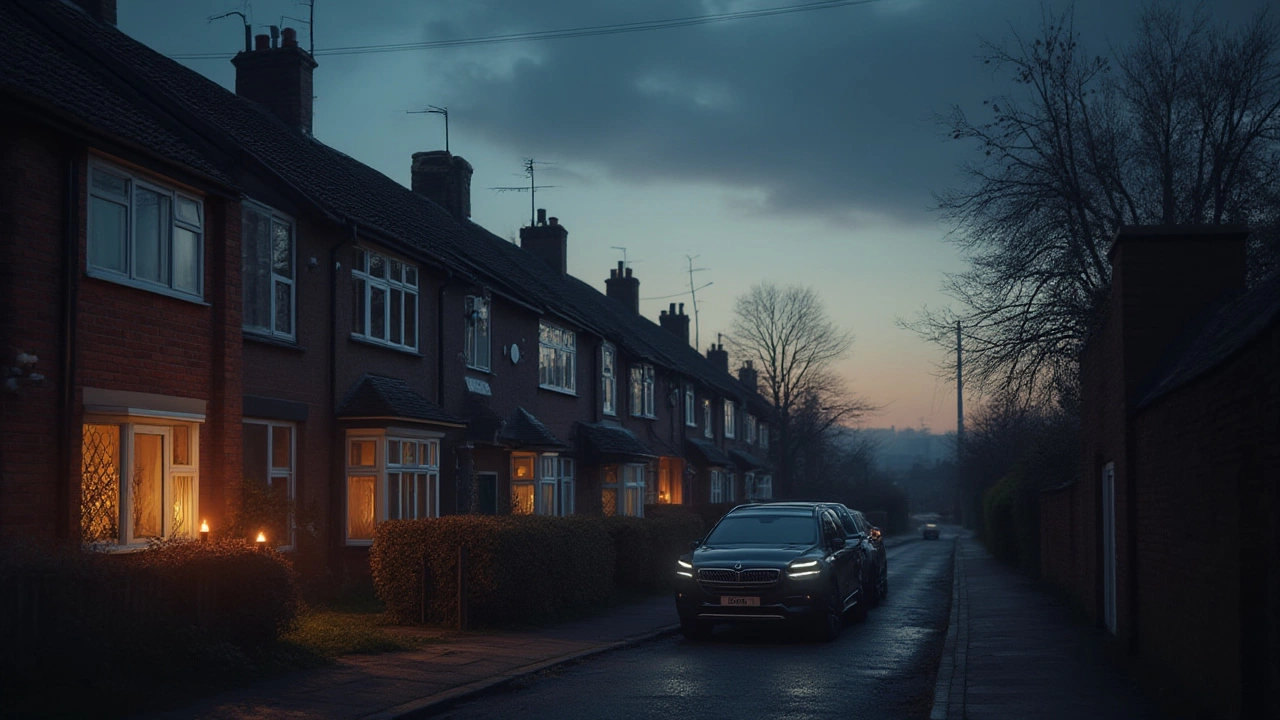Power cuts can feel like a perfect excuse for burglars. The good news? Your CCTV can still work if you plan ahead. In this guide we’ll walk through real‑world ways to keep cameras on, even when the grid goes dark.
First thing’s first: you need a backup source. The most common choice is a small uninterruptible power supply (UPS). Plug the recorder and any wired cameras into the UPS and you’ll get 30‑45 minutes of run‑time – enough to deter a quick break‑in and give you a chance to call the police.
If you want longer coverage, consider a battery‑backed surveillance kit. Many modern cameras come with built‑in lithium cells that automatically switch on when voltage drops. Look for specs that mention “up to 12 hours on battery” and check the warranty – a dead battery is useless when you need it most.
Solar panels are another option, especially for remote sheds or garden‑front cameras. A 30‑watt panel paired with a charge controller can keep a 5‑watts camera running indefinitely, as long as there’s daylight to replenish the battery.
Don’t forget the recorder. If you use a network video recorder (NVR) that sits inside your house, protect it with a UPS too. Some homeowners move the NVR to a basement or a locked cupboard and run a dedicated battery pack to the unit.
Most security cameras rely on infrared (IR) LEDs for night vision, and those LEDs need power. When your backup battery is limited, you can stretch its life by lowering the IR intensity. Many cameras let you set the IR level in the app – turn it down a notch and you’ll still get clear footage of a person, while your battery lasts longer.
If you have a motion‑triggered system, switch the night mode to “active only on motion.” The camera stays idle at night until it detects movement, then the IR lights fire for a few seconds. This saves energy compared to constant night illumination.Another trick is to add external floodlights with motion sensors. When the light turns on, the camera’s IR can be turned off, because the visible light is enough for a clear picture. It’s a cheap way to cut battery drain while still scaring off intruders.
Finally, check your storage settings. Recording at 1080p 30fps uses more power than 720p 15fps. If you’re only after evidence of a break‑in, a lower resolution can double your backup runtime without sacrificing the details you need.
In short, a blackout isn’t a free pass for thieves if you equip your CCTV with a UPS, battery‑backed cameras, or solar power, and you tune night‑vision settings to save juice. Keep these tips in mind, test your backup setup before the next storm, and you’ll have peace of mind even when the lights go out.

Do CCTV cameras record without electricity? Uncover facts on power outages, backup options, and how to keep your cameras running when the grid goes dark.